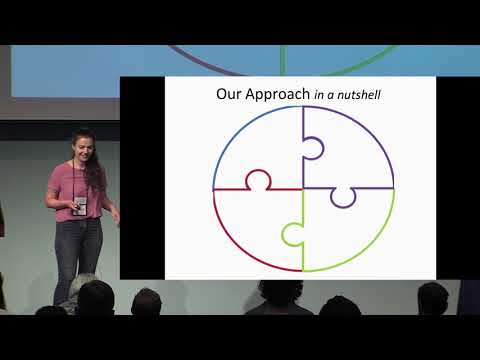Welcome to the resource topic for 2017/1056
Title:
Round-Optimal Secure Multi-Party Computation
Authors: Shai Halevi, Carmit Hazay, Antigoni Polychroniadou, Muthuramakrishnan Venkitasubramaniam
Abstract:Secure multi-party computation (MPC) is a central cryptographic task that allows a set of mutually distrustful parties to jointly compute some function of their private inputs where security should hold in the presence of a malicious adversary that can corrupt any number of parties. Despite extensive research, the precise round complexity of this "standard-bearer’’ cryptographic primitive is unknown. Recently, Garg, Mukherjee, Pandey and Polychroniadou, in EUROCRYPT 2016 demonstrated that the round complexity of any MPC protocol relying on black-box proofs of security in the plain model must be at least four. Following this work, independently Ananth, Choudhuri and Jain, CRYPTO 2017 and Brakerski, Halevi, and Polychroniadou, TCC 2017 made progress towards solving this question and constructed four-round protocols based on non-polynomial time assumptions. More recently, Ciampi, Ostrovsky, Siniscalchi and Visconti in TCC 2017 closed the gap for two-party protocols by constructing a four-round protocol from polynomial-time assumptions. In another work, Ciampi, Ostrovsky, Siniscalchi and Visconti TCC 2017 showed how to design a four-round multi-party protocol for the specific case of multi-party coin-tossing. In this work, we resolve this question by designing a four-round actively secure multi-party (two or more parties) protocol for general functionalities under standard polynomial-time hardness assumptions with a black-box proof of security.
ePrint: https://eprint.iacr.org/2017/1056
Talk: https://www.youtube.com/watch?v=qNvYdKqLB_k
See all topics related to this paper.
Feel free to post resources that are related to this paper below.
Example resources include: implementations, explanation materials, talks, slides, links to previous discussions on other websites.
For more information, see the rules for Resource Topics .
